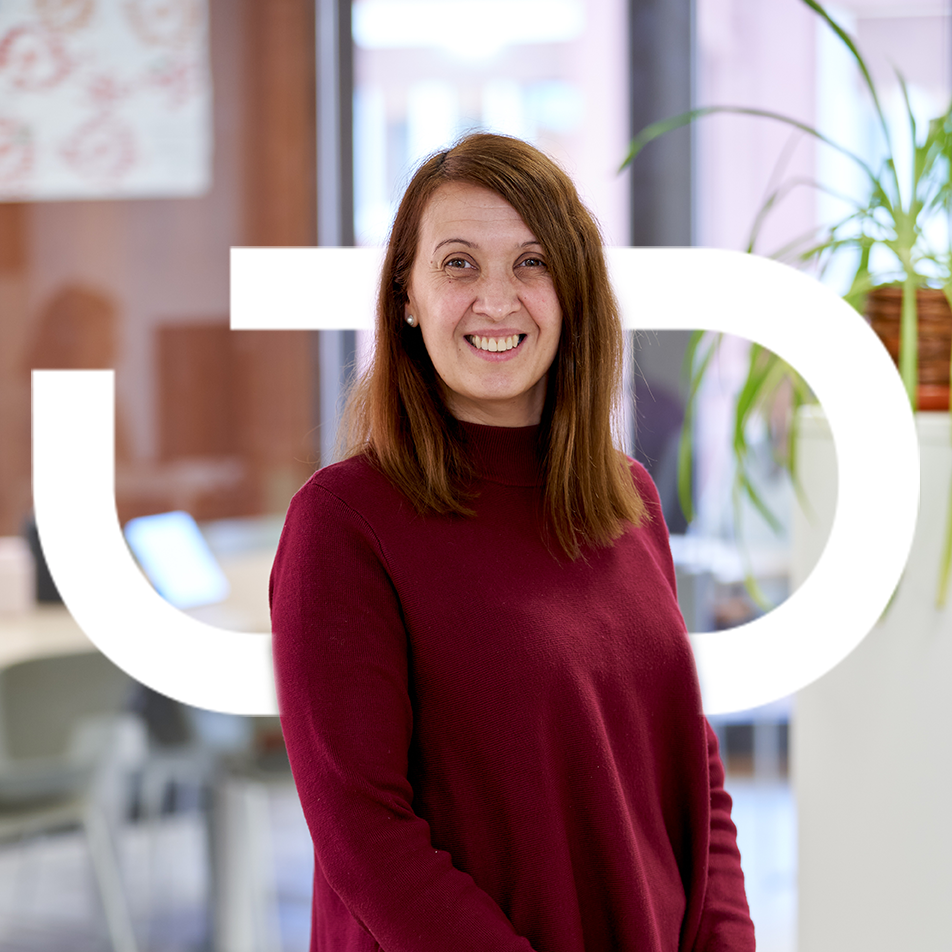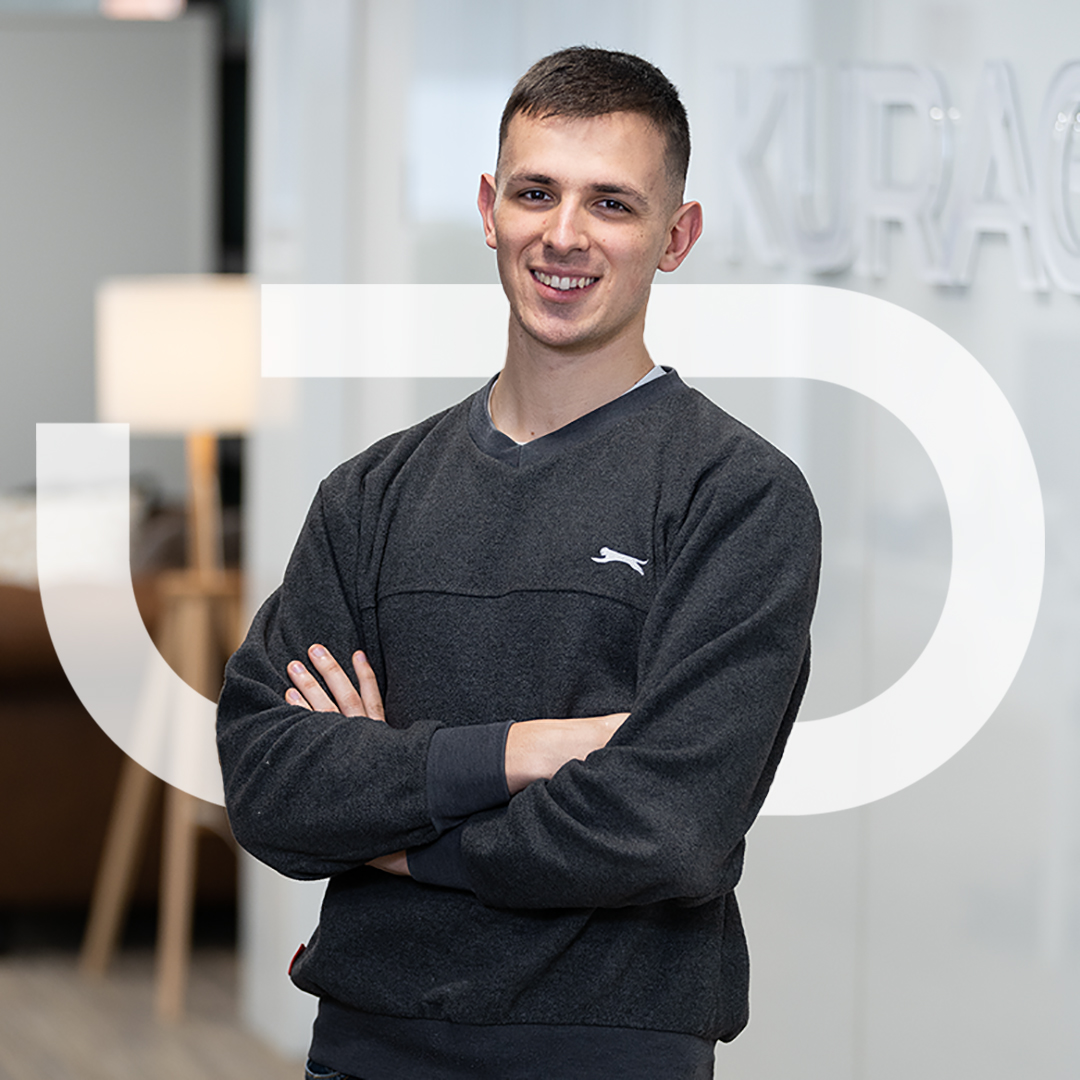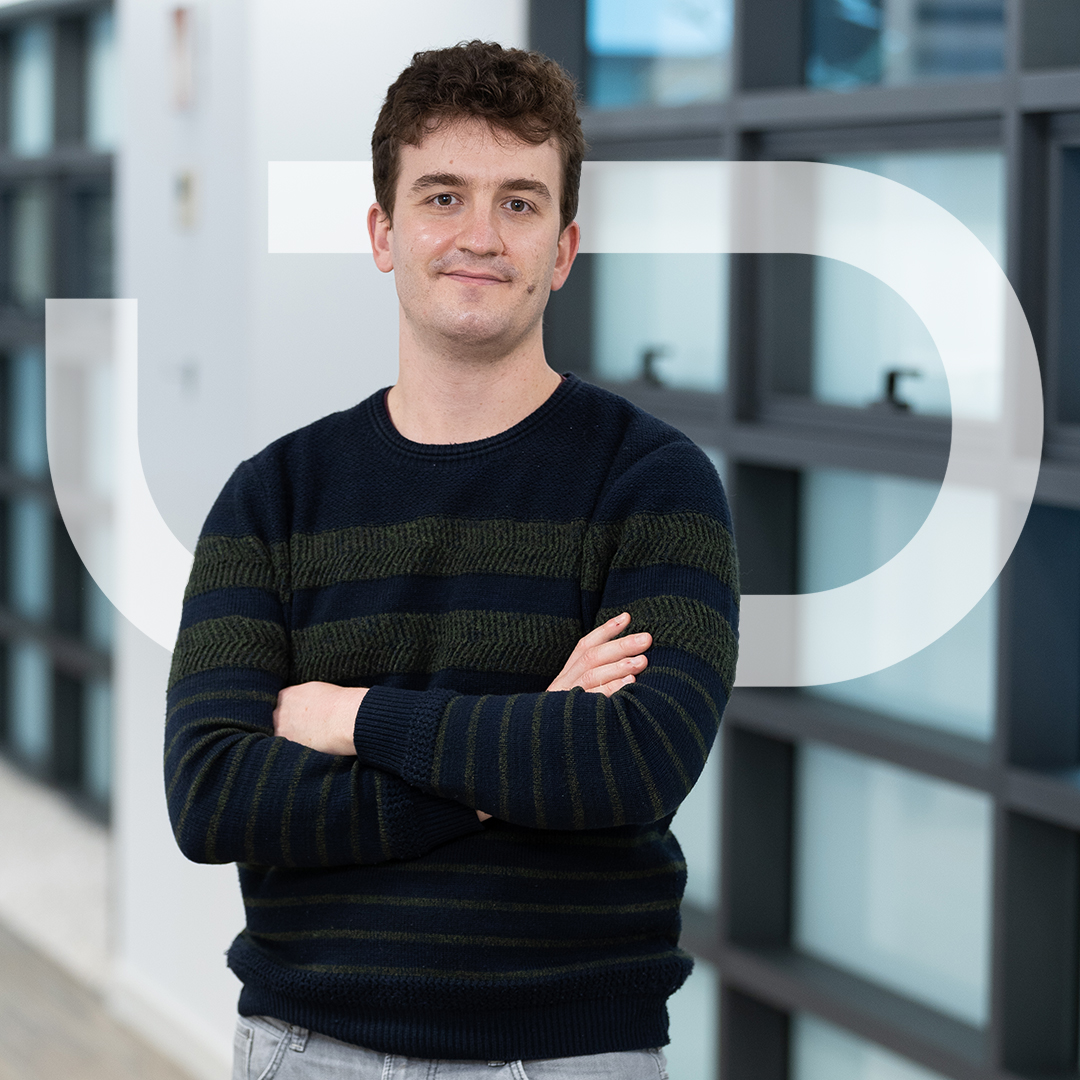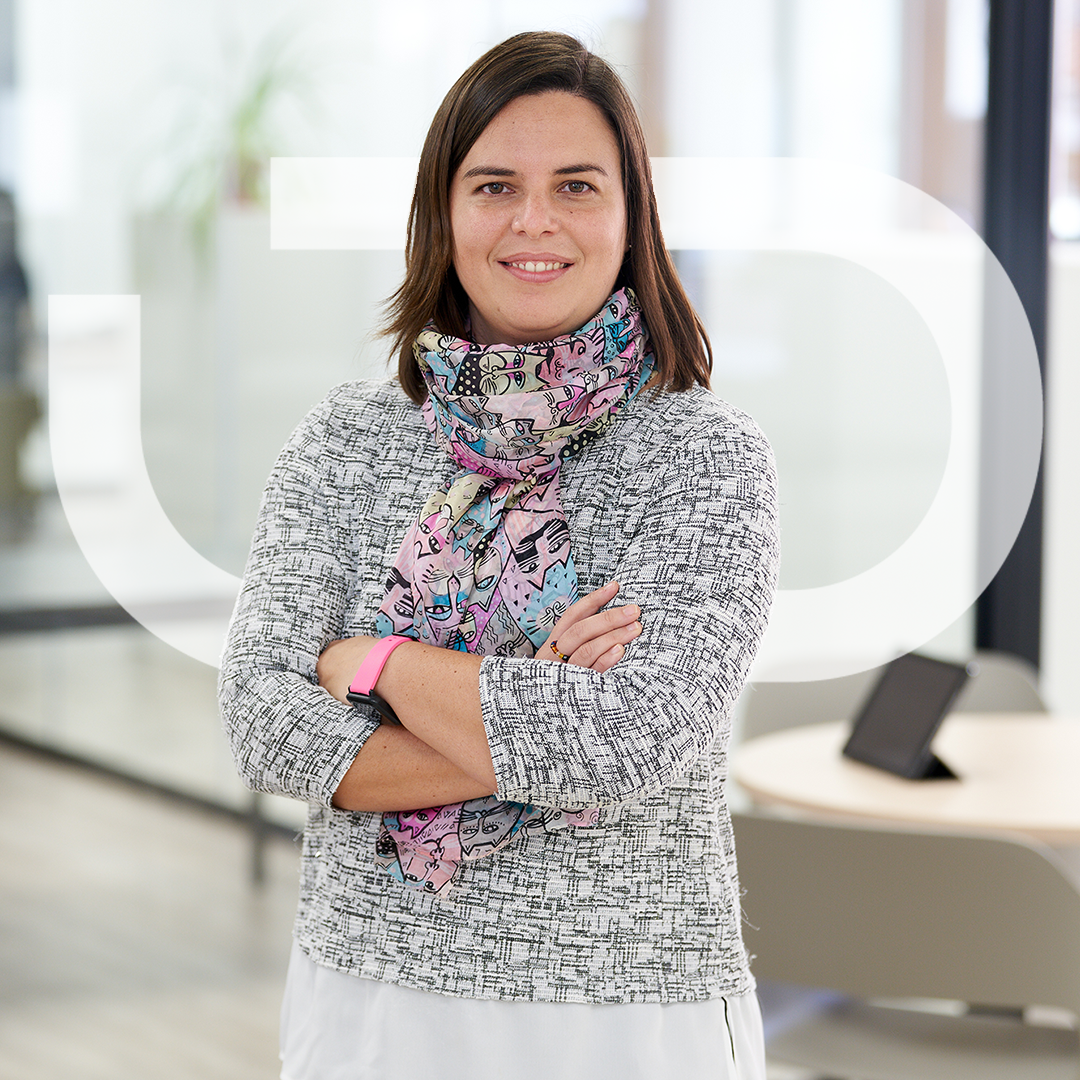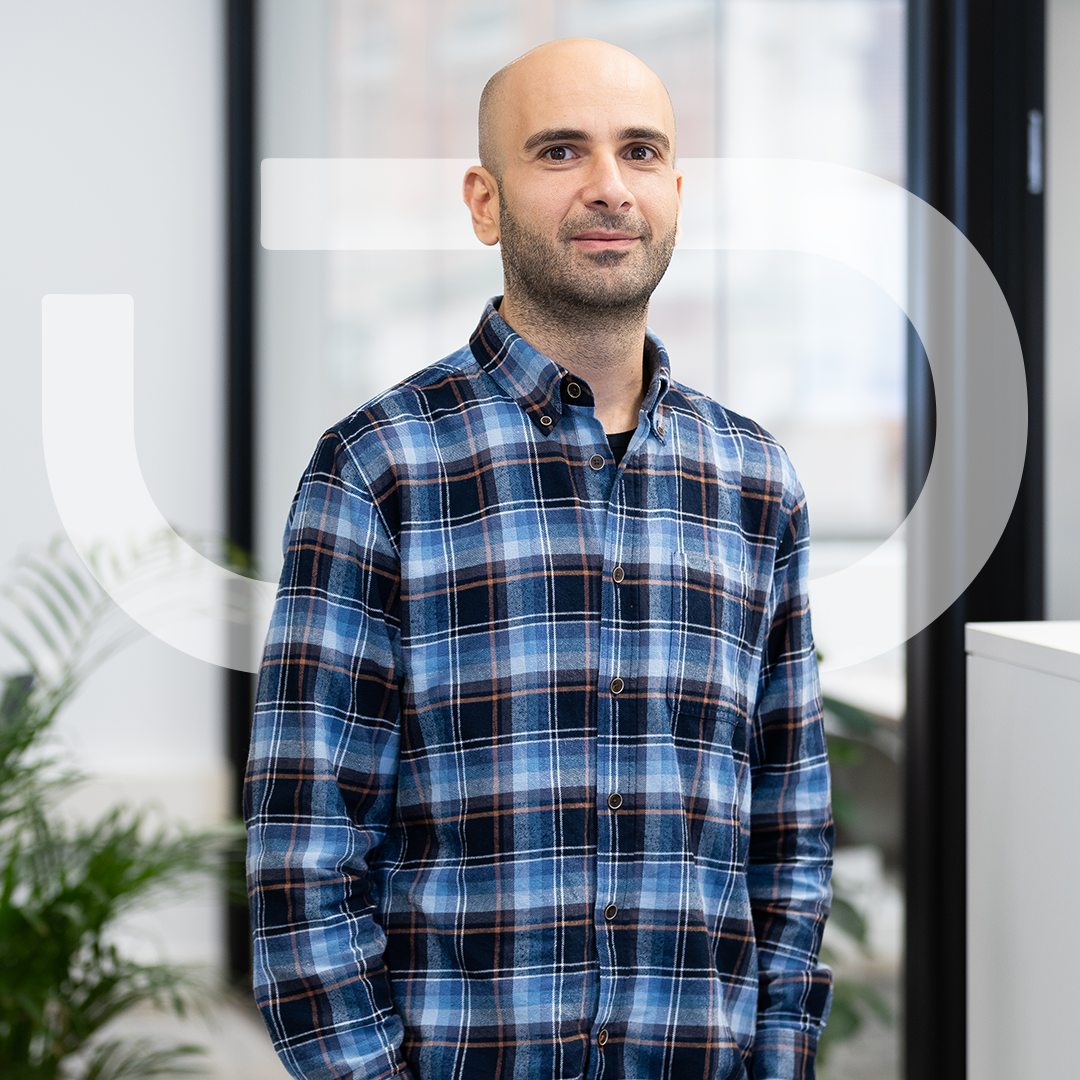Nuria Amescoa – We must all contribute to encouraging girls and boys alike
Nuria Amescoa is a mentor at Inspira STEAM, fostering scientific-technological vocations, primarily among girls. The project is aimed at girls and boys in sixth grade, an age at which (according to studies) there is a gap that discourages the youngest girls from studying STEM careers.
At this age, gender stereotypes emerge about the professions to which they should dedicate themselves or their abilities in specific fields. To tackle these biases, the mentors of this project go to schools to carry out various activities, but mainly to show themselves as examples of the possibilities offered by this type of career and the options that students may have in the future.
“Somehow you see that throughout the sessions you stimulate that curiosity, questions arise, they think about professions they didn’t know about. It’s a way to broaden their range of options when choosing a professional career,” explains Nuria about the influence that the program can have on children. “How much influence do we have or not? We will see that in a few years, but at least they are not left with doubts, taboos, and we try to remove the stereotypes that still exist”.
The references that each girl has around her are different. It depends on the family, on the closest environment. It is a significant factor that influences their development,
Nuria also clarifies that socio-cultural levels are a conditioning factor. It is more common in specific social contexts for girls to have closer references of women working in scientific professions. In this regard, this project seeks to foment greater equality of opportunities, offering an alternative vision in those environments in which boys and girls have fewer close examples.
“The references that each girl has around her are different. It depends on the family, on the closest environment. It is a significant factor that influences their development,” and that is why it is so important that these sessions serve as a starting point. Still, the school must continue to support them “we are a small step that must be complemented and accompanied when the students leave the classroom.”
The experience has shown that girls and boys have stereotypes about scientific professions. For example, they see nursing as a girly career, and when talking about mathematics, they see it as a masculine profession. That is why they are making mixed sessions to discuss these stereotypes openly.
In this regard, Nuria points out, “It is noticeable that the new generations are much more open-minded. When asked to perform an exercise to embody the scientific profession.”
What moved me to become a mentor was to be able to contribute about a small change in these girls and boys.
Nuria stresses another essential aspect in which we can all collaborate: not set limits for our children. We must all contribute to encouraging girls and boys alike, fostering their curiosity in all areas. She calls on other professionals to join the program.
“What moved me to become a mentor was to be able to contribute about a small change in these girls and boys. Once you are involved in the project, you also realize that it is gratifying. I want to encourage more people to join this type of initiative; whether they are men or women, the objective is to help and contribute”.
Kurago has subscribed a commitment to encourage participation in the project, we hope there will be more Kuragers collaborating with the Inspira STEAM project very soon.

